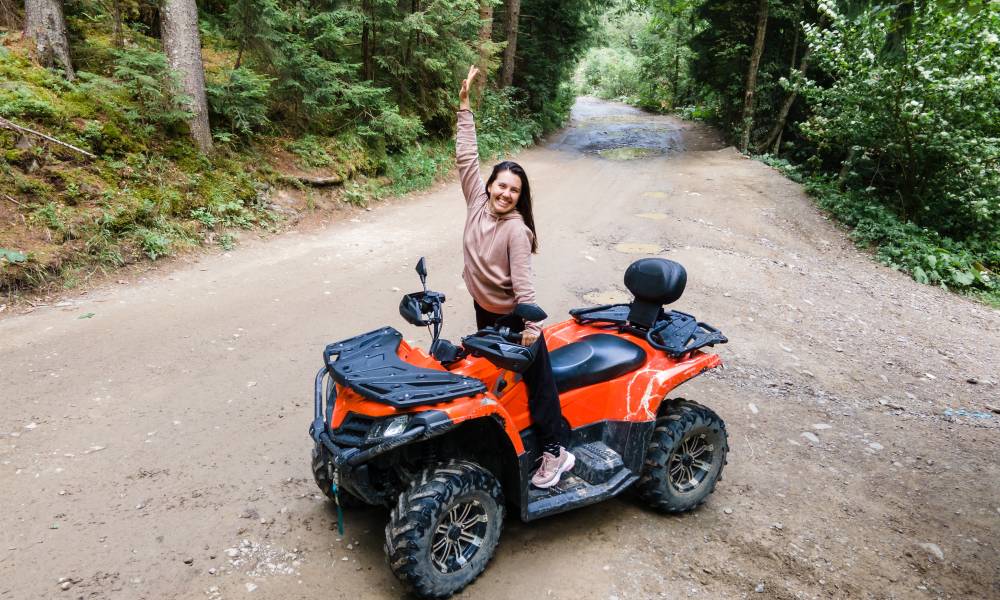All-terrain vehicles (ATVs) are gateways to adventure, freedom, and a whole lot of fun. However, owning one comes with responsibilities that go beyond the initial purchase.
Whether you’re a seasoned rider or a newbie, understanding the ins and outs of ATV ownership can make your experience smoother, safer, and more enjoyable. From buying to care, here are five things ATV owners should know about their rides.
Understanding Different Types of ATVs
To start, making your purchase will require a bit of research. You’ll need to know more than just the differences between a dirt bike and an ATV. The first step is choosing a model that fits your needs. There are various types of ATVs designed for different purposes.
- Sport ATVs are built for speed and agility, making them perfect for racing and trail riding.
- Utility ATVs are designed for heavy-duty tasks such as towing and plowing, making them ideal for work environments.
- Youth ATVs are smaller, less powerful, and tailored for young riders.
Knowing the primary use of your ATV will guide you in making the best choice.
Mastering ATV Riding Skills
Basic Riding Techniques
Even if you have previous experience with other vehicles, riding an ATV requires specific skills:
- Proper posture: Maintain a slight bend in the knees and elbows to absorb shocks.
- Throttle control: Smoothly accelerate and decelerate to maintain control.
- Turning: Lean into turns to balance the ATV and prevent tipping.
Mastering these basic techniques will make your rides safer and more enjoyable.
Advanced Maneuvers
Once you’re comfortable with the basics, you can start practicing advanced maneuvers:
- Hill climbing: Approach hills straight on and shift your weight forward.
- Descending: Descend hills slowly and shift your weight back.
- Side-hilling: Carefully traverse slopes by shifting your weight uphill.
Advanced skills will enable you to tackle more challenging terrains confidently.
Safety Tips for Every Ride
No matter how experienced you are, you should always follow these safety tips:
- Inspect your ATV before each ride to ensure it’s in good condition.
- Ride with a buddy to ensure help is available in case of an emergency.
- Stay on designated trails to protect the environment and avoid hazards.
Prioritizing safety will help you enjoy your ATV adventures without unnecessary risks.
Maintenance and Care
Proper maintenance and care for your ATV are essential to keep it running smoothly and extend its lifespan. Establish a regular maintenance schedule, typically every few months or based on the hours of use. Regular attention to detail can prevent costly repairs and ensure optimal performance.
After riding, especially in muddy or dusty conditions, thoroughly wash your ATV to prevent build-up on moving parts. Ensure your ATV is dry afterward to prevent rust and corrosion. Using proper storage to protect your ATV gear will ensure you get the most out of your investment.
Get More Out of Your Adventures
Owning an ATV is an exhilarating experience, but it requires knowledge and responsible action. By considering these five things ATV owners should know, you’ll be well-equipped to make the most of your adventures.


